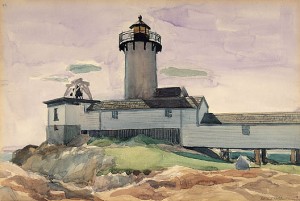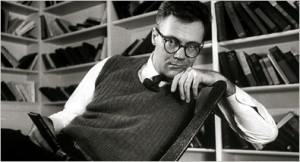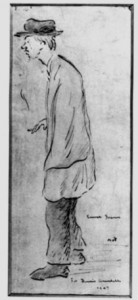Here’s my list of recommended Broadway, off-Broadway, and out-of-town shows, updated weekly. In all cases, I gave these shows favorable reviews (if sometimes qualifiedly so) in The Wall Street Journal when they opened. For more information, click on the title.
BROADWAY:
• Bullets Over Broadway (musical, PG-13, closes Aug. 24, reviewed here)
• Cabaret (musical, PG-13/R, nearly all performances sold out last week, closes Jan. 4, reviewed here)
• A Gentleman’s Guide to Love & Murder (musical, PG-13, all performances sold out last week, reviewed here)
• Matilda (musical, G, all performances sold out last week, reviewed here)
• Les Misérables (musical, G, too long and complicated for young children, nearly all performances sold out last week, reviewed here)
• Once (musical, G/PG-13, reviewed here)
OFF BROADWAY:
• The Fantasticks (musical, G, suitable for children capable of enjoying a love story, reviewed here)
IN GARRISON, N.Y.:
• The Liar (verse comedy, PG-13, closes Aug. 31, reviewed here)
 • Othello (Shakespearean tragedy, PG-13, closes Aug. 30, reviewed here)
• Othello (Shakespearean tragedy, PG-13, closes Aug. 30, reviewed here)
• Two Gentlemen of Verona (Shakespearean comedy, PG-13, closes Aug. 29, reviewed here)
IN NIAGARA-ON-THE-LAKE, ONTARIO:
• Arms and the Man (comedy, G/PG-13, closes Oct. 18, reviewed here)
• When We Are Married (comedy, PG-13, closes Oct. 26, reviewed here)
CLOSING SOON ON BROADWAY:
• Rocky (musical, G/PG-13, closes Aug. 17, reviewed here)
CLOSING NEXT WEEK OFF BROADWAY:
• When We Were Young and Unafraid (drama, PG-13, closes Aug. 10, reviewed here)
CLOSING SUNDAY IN GLENCOE, ILL.:
• The Dance of Death (drama, PG-13, reviewed here)


 Mrs. T and I recently spent two tranquil days in Gloucester, the Massachusetts harbor town where Edward Hopper spent a fair amount of time in the Twenties and several of whose houses he famously
Mrs. T and I recently spent two tranquil days in Gloucester, the Massachusetts harbor town where Edward Hopper spent a fair amount of time in the Twenties and several of whose houses he famously  Alas, aesthetes also have a way of forgetting that taste and virtue are not the same thing. To be sure, the poet-philosopher
Alas, aesthetes also have a way of forgetting that taste and virtue are not the same thing. To be sure, the poet-philosopher  Do I wish I were rich and famous? Sometimes—though much less often than you’d think. But do I think I deserve to be rich and famous? Not even slightly. All things being equal, I do wish that everybody in America knew who Edward Hopper was, and that our public schools
Do I wish I were rich and famous? Sometimes—though much less often than you’d think. But do I think I deserve to be rich and famous? Not even slightly. All things being equal, I do wish that everybody in America knew who Edward Hopper was, and that our public schools 
 Mrs. T and I are staying at an
Mrs. T and I are staying at an  I wonder who reads
I wonder who reads  And if it is the fate of the likes of Lowell and Mailer to be forgotten, then what of me? About that I have no doubt at all: I’ll be lucky, like Max Beerbohm’s
And if it is the fate of the likes of Lowell and Mailer to be forgotten, then what of me? About that I have no doubt at all: I’ll be lucky, like Max Beerbohm’s 